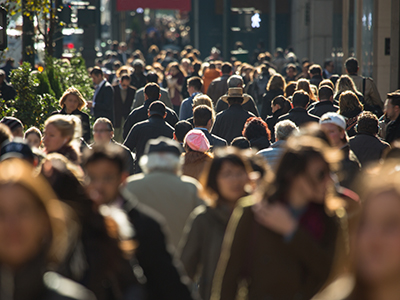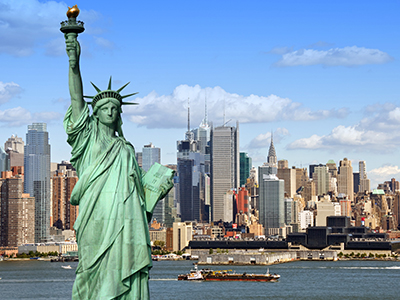On April 16, 2015, the New York City Council, by a vote of 47-3, approved legislation that would prohibit the use of credit checks in employment decisions except in limited circumstances. The bill, which is expected to be signed by Mayor Bill De Blasio, would amend the New York City Human Rights Law to make use of credit history in employment decisions an unlawful discriminatory practice. In passing this law, New York City joins the growing number of states and municipalities that have enacted legislation to restrict the ability of employers to request or use the credit history of applicants and employees. These state and local initiatives stem from the increased use of credit history as an employment screening tool and from concerns that credit history is not relevant to the performance of many jobs, and moreover, may adversely affect certain groups, including minorities and low-income individuals. The New York City bill is noteworthy in that it is one of the most restrictive laws to date, even after certain exceptions were added to the proposed legislation.
READ MORE →






